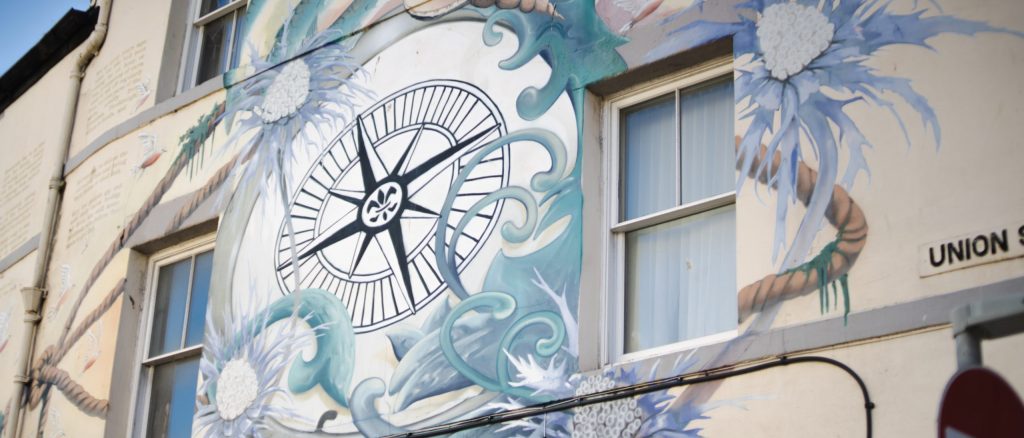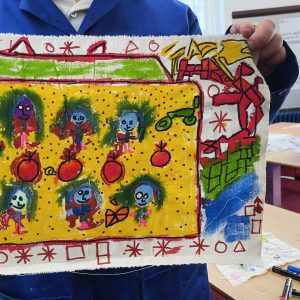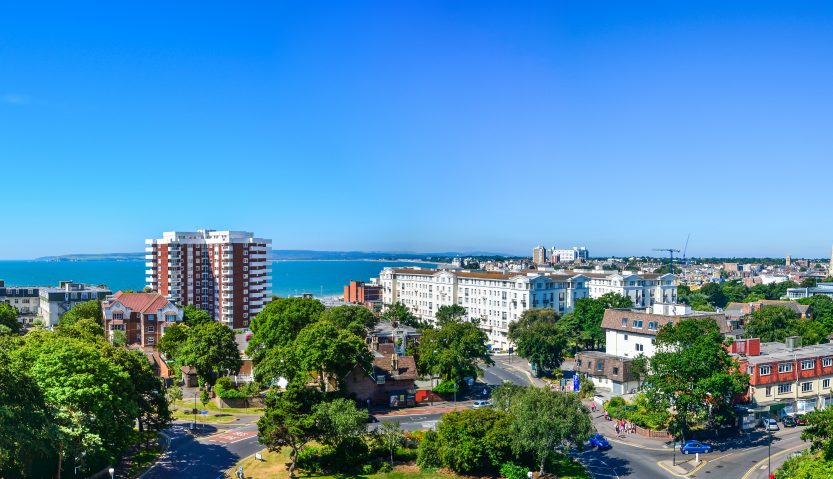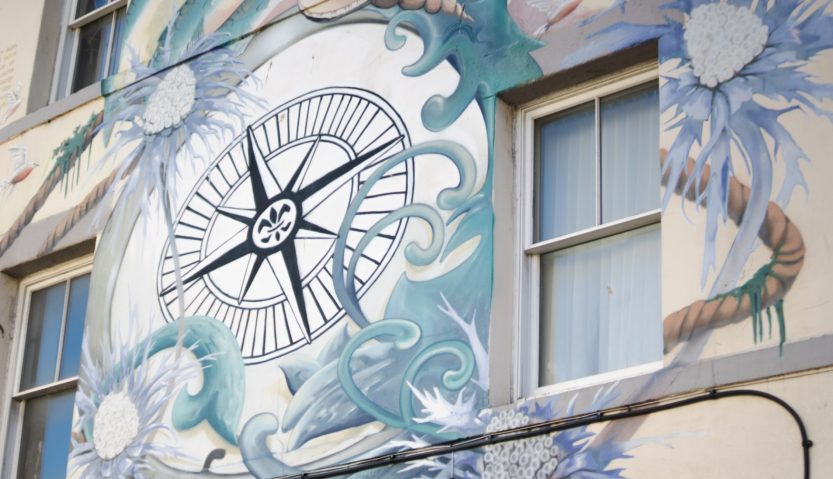What does art mean to you?
April 2024 | Lauren GeeMany people think of art as painting, drawing – the visual arts you go to a gallery to see. But art is much more than that – its any object or experience that communicates an idea, an emotion, or a view of the world, and it can take many forms.
‘Art isn’t just what we would say – watercolour painting or oil painting – its having a voice, its freedom of speech, it’s creativeness, its theatre, dance, film, photography – you name it, what you do every day, the way you eat your breakfast, that’s an art in itself. So we can only encourage people to understand arts more and not just think that they’re gonna be put in a room with a paintbrush and a picture of a horse of something like this to paint, you know’.
Creative BasildON Volunteer, Basildon Volunteering Futures Evaluation

Throughout our work, we at Genecon are fortunate to work with many different organisations, exploring art and culture, and the way that this helps people to connect, explore ideas, challenge perceptions and break down barriers, and build cohesive communities.
The three classical branches of visual art – painting, sculpture and architecture – are commonly reflected in our work carrying out options appraisals, feasibility studies or developing strategies – for example, the Cultural Infrastructure Strategy for Greater Cambridge. Heritage buildings (their architecture, and the way they can be integrated into the wider modern fabric of an area, for example) can become fascinating canvasses for projected art, illuminated through clever lighting strategy to become an artform themselves, or repurposed internally as exhibition spaces or to facilitate development of grassroots art and cultural organisations through provision of affordable shared workspaces and resources – retaining the old, whilst embracing the new, and supporting the artists of the future.
Our work with engaging communities across underpins all the projects we work on, and uses a variety of creative techniques founded upon the broader definition of art – performing arts, theatre and dance, literature, music, and film, and interactive media. We develop activities that allow people to explore new ideas, consider existing challenges and develop solutions, and ultimately to connect with each other. Storytelling for example, whether using words, graphics or expression, can help strengthen communities through fostering a sense of shared identity. It also helps people to build relationships, finding things they have in common or gaining knowledge about things which are new to them.
So art is important. It is not exclusive. It connects people. It brings people together. It shapes the communities we live in. We may not always agree, different people like different things – but that is entirely the point. Art is emotion, it promotes feelings, it provides a platform for discussion, and ultimately, it leads to understanding of different perspectives and ideas. Very often, decision makers shy away from emotion because it can be seen as making things more difficult – but to achieve real impact, it is important to consider, understand and deliver the things that are most important to people and local communities collectively, making the most effective use of the resources that are available and supporting people to understand where they can have influence, and for anything that cannot be influenced, why this is and what this means.
Which leads us to thinking about what art means to Genecon this year – the work we have completed over the last year which we are reflecting upon, and the work we plan to deliver over the coming year. The theme for this years’ World Art Day is ‘A Garden of Expression: Cultivating Community through Art’ – and one of the projects we have been privileged to work on over the last year at Genecon encapsulates this perfectly.
Prism Arts is an inclusive arts organisation based in Carlisle, delivering programmes for learning disabled and / or autistic creatives to drive their own journey and develop as artists, leaders and advocates for change. The vision of Prism Arts is ‘Art Without Barriers’, and we were asked to support them in developing a feasibility study for their ‘Future Home’ project – sourcing a new, permanent location which will provide stability for those participating in programmes as well as promoting more interaction with the wider public, sharing art and creativity and challenging perceptions of disability. As part of our feasibility work, we were able to facilitate development of a new cultural partnership, supporting key cultural and arts organisations in Carlisle to work together on a proposition for a collaborative community arts and cultural hub.

As Catherine Coulthard, Strategic Director for Prism Arts states:
‘At Prism Arts one of our key drivers to developing inclusion, progression and supporting embedded change is through the delivery of long-term programmes of work that people can rely on. Providing creative opportunities that exist every week, come rain or shine, has enabled us to build strong relationships with artists, families and communities. As a result, our artists have shared work with over £1m people over the last 10 years, exhibited and performed in major cultural spaces but most importantly have developed confidence and agency as artists over this time. Our next step will be to develop better access as part of our Future Home project, allowing this work to be sustained and developed into the future.’
So that’s what art means to Genecon and our clients.
And we’ll ask again, what does art mean to you?
< Back to News, Views & Insights
More articles
What do the UK political parties have to say about placemaking?
19th June 2024The publication of Reform UK’s manifesto on Monday 17th June saw the last of the main UK-wide political parties release their proposed legislative pitch to the national electorate ahead of the General Election on Thursday 4th July. Now whilst much of the commentariat have understandably tended to hone in on the respective political parties’ plans […]

Making the most of the Three Investment Themes
24th April 2024The £20m endowment-style funding provided to Town Boards through the Long-Term Plan for Towns programme to allocate across three investment themes over the next decade represents a place-based approach to levelling-up which is forward-looking and agile in its approach. Whilst there is no requirement on how towns utilise funding across the three investment themes, the […]

What does art mean to you?
15th April 2024Many people think of art as painting, drawing – the visual arts you go to a gallery to see. But art is much more than that – its any object or experience that communicates an idea, an emotion, or a view of the world, and it can take many forms. ‘Art isn’t just what we […]